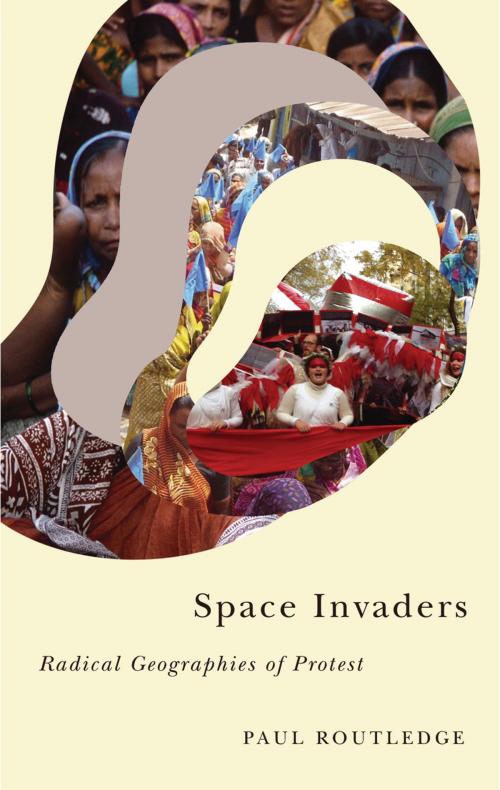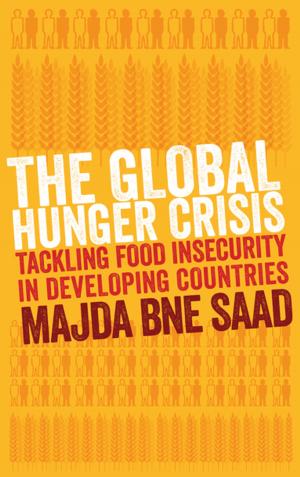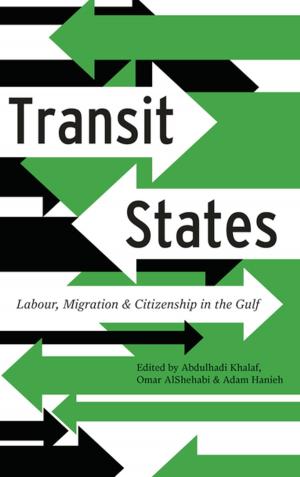Space Invaders
Radical Geographies of Protest
Nonfiction, Social & Cultural Studies, Social Science, Sociology| Author: | Paul Routledge | ISBN: | 9781786801111 |
| Publisher: | Pluto Press | Publication: | July 20, 2017 |
| Imprint: | Pluto Press | Language: | English |
| Author: | Paul Routledge |
| ISBN: | 9781786801111 |
| Publisher: | Pluto Press |
| Publication: | July 20, 2017 |
| Imprint: | Pluto Press |
| Language: | English |
Space Invaders argues for the importance of a radical geographic perspective in enabling us to make sense of protests and social movements around the world. Under conditions of increasing global economic inequalities, we are witnessing the flourishing of grassroots people's movements fighting for improved rights. Whether it be the alter-globalisation mobilisations of the turn of the century, the flurry of Occupy protests, or the current wave of anti-austerity mobilisations taking place, there is a geographical logic to all forms of protest whether that be through transforming landscapes, occupying enemy territory or developing solidarity and communication networks. Paul Routledge takes a primarily auto-ethnographical perspective, drawing upon his extensive experience over the past thirty years working with various forms of protest in Europe, Asia and Latin America, to provide an account of how a radical geographical imagination can inform our understanding and the prosecution of protest.
Space Invaders argues for the importance of a radical geographic perspective in enabling us to make sense of protests and social movements around the world. Under conditions of increasing global economic inequalities, we are witnessing the flourishing of grassroots people's movements fighting for improved rights. Whether it be the alter-globalisation mobilisations of the turn of the century, the flurry of Occupy protests, or the current wave of anti-austerity mobilisations taking place, there is a geographical logic to all forms of protest whether that be through transforming landscapes, occupying enemy territory or developing solidarity and communication networks. Paul Routledge takes a primarily auto-ethnographical perspective, drawing upon his extensive experience over the past thirty years working with various forms of protest in Europe, Asia and Latin America, to provide an account of how a radical geographical imagination can inform our understanding and the prosecution of protest.















